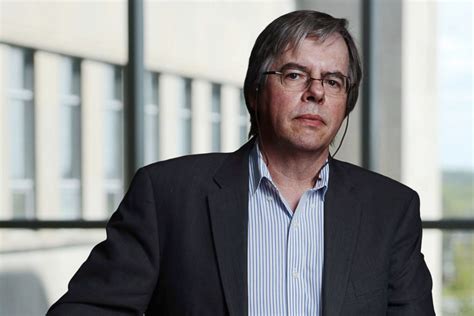A Quote by Tulsi Gabbard
Disadvantaged communities are among the most vulnerable to climate change.
Quote Topics
Related Quotes
Tackling the issue of climate change presents us with an inflection point in human history - a climate justice revolution that separates development from fossil fuels, supports people in the most vulnerable situations to adapt, allows all people to take part, and, most importantly, realise their full potential.
Despite the international scientific community's consensus on climate change, a small number of critics continue to deny that climate change exists or that humans are causing it. Widely known as climate change "skeptics" or "deniers," these individuals are generally not climate scientists and do not debate the science with the climate scientists.
We need healthy forests if we want to protect our climate. As the climate changes, forests become more vulnerable to insect outbreaks, droughts and wildfires. Simultaneously, when our forests are destroyed, their carbon is released back into the atmosphere, further impacting climate change. It's a horrifying one-two punch.
Climate change is...a gross injustice-poor people in developing countries bear over 90% of the burden-through death, disease, destitution and financial loss-yet are least responsible for creating the problem. Despite this, funding from rich countries to help the poor and vulnerable adapt to climate change is not even 1 percent of what is needed.

































